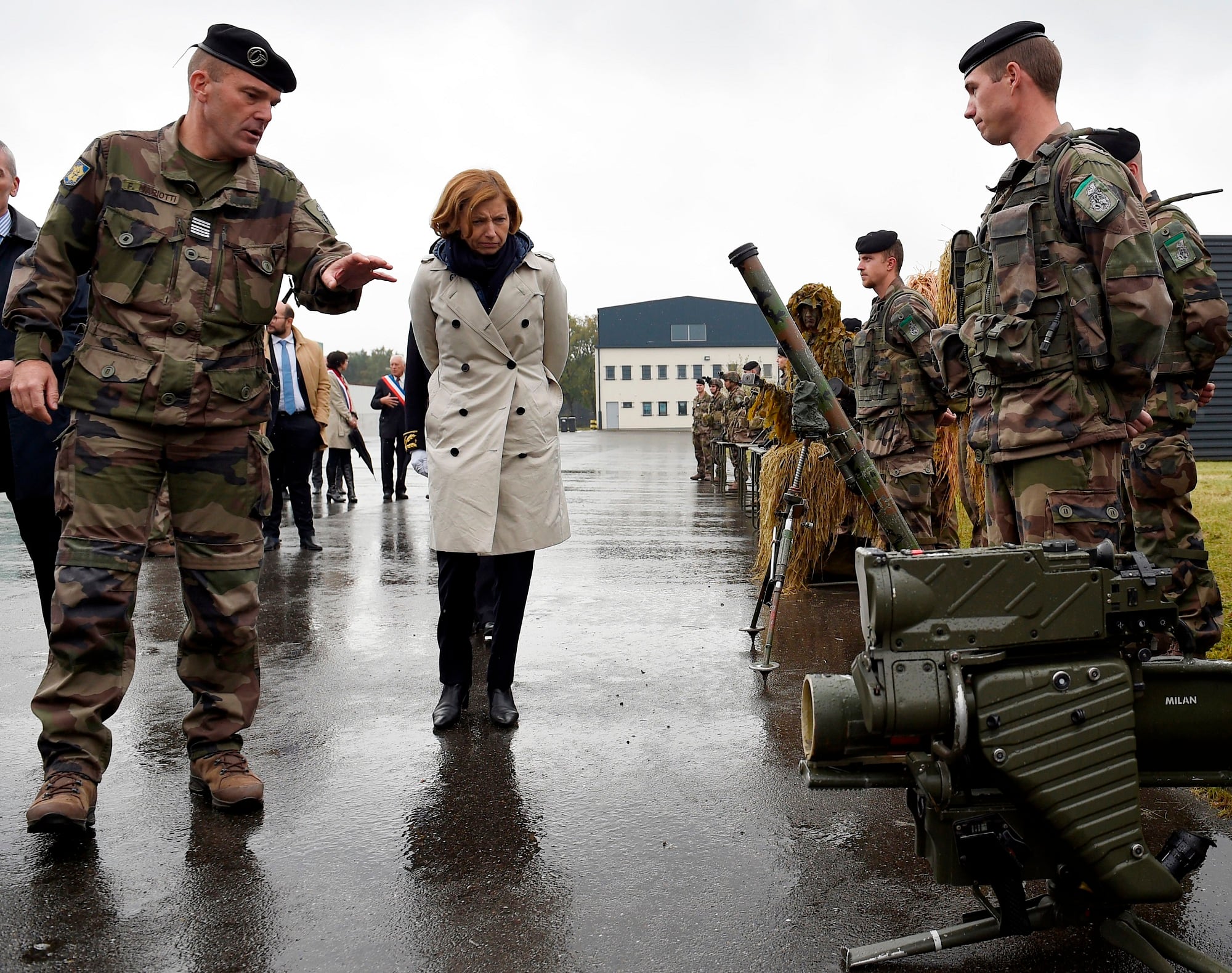WASHINGTON — A top Finnish defense official wants the European Union needs to be more open with the United States and other partners about the goals of a new EU defense initiative, or risk blowback from valuable allies.
Finnish Defence Policy Director-General Janne Kuusela said comments from U.S. officials about the Permanent Structured Cooperation on security and defense, or PESCO, made at and around the Munich Security Conference last month, should serve as a warning sign that EU nations have not done enough outreach to NATO members not involved in the new scheme.
“It kind of drove home to me that we need to make sure we have the transparency in place and we communicate clearly what we are doing and what we are not doing,” Kuusela told Defense News during a recent visit to Washington. “If our most important partners are concerned, it tells us that we haven’t been communicating enough and been transparent enough.”
“We need to make sure that ... these very important partners can walk along us and feel comfortable there,” he added. “So it is something we need to focus on.”
PESCO is an EU initiative launched late last year with an eye toward potentially developing and procuring European defense products. It is still in its earliest stages. But already the fact the consortium includes a mix of NATO and non-NATO members, while excluding the U.S., U.K., Canada and Norway, has led to concerns it could undermine NATO goals. (Finland is one of the non-NATO nations to have joined up with PESCO, alongside Austria, Cyprus, Ireland and Sweden.)
On Feb. 13, Kay Bailey Hutchison, the U.S. permanent representative to NATO, warned against PESCO becoming a “protectionist vehicle” for the European defense industry, warning that such a trajectory “could splinter the strong security alliance that we have.”
Similar concerns were echoed by U.S. Defense Secretary Jim Mattis during a NATO visit that same week, with a Pentagon official stressing a big part of the U.S. concern comes from a lack of transparency from the PESCO nations about what the group actually represents.
RELATED

Even as he believes those concerns are unnecessary, Kuusela said the call for transparency is “fair” from the non-PESCO nations. Asked whether he thought the PESCO nations’ message to the U.S. has been received, he said: “I hope so. Nothing happens overnight. We need to say more information and talk about these things.”
“We need to communicate more across the Atlantic what we are doing and why, and to clarify any concerns because frankly speaking I don’t see any need for concerns here,” he added.
Finland is hoping PESCO can eventually lead to what Kussela called “national requirements” — projects that are simply too big for a country of its size to tackle on its own. These projects include space-based technologies or air-to-air refueling, which are long-term areas of interest that he noted. Another potential model can be seen in the NATO C-17 consortium, where 12 countries, including Finland, helped fund the procurement and support of three cargo carriers.
Broadly, Kuusela and others who support PESCO also have argued the U.S. should not be afraid of PESCO because it fundamentally encourages the European allies to spend more on defense and invest in areas that the U.S. largely supplements on their behalf.
“I think we would be much better partners with the U.S. if we can share burden and not expect the U.S. to come up with all the things that cost much money,” Kuusela said. “I would love to see Europeans be able to carry more burden and not to expect the U.S. to show up and save us.”
Aaron Mehta was deputy editor and senior Pentagon correspondent for Defense News, covering policy, strategy and acquisition at the highest levels of the Defense Department and its international partners.








